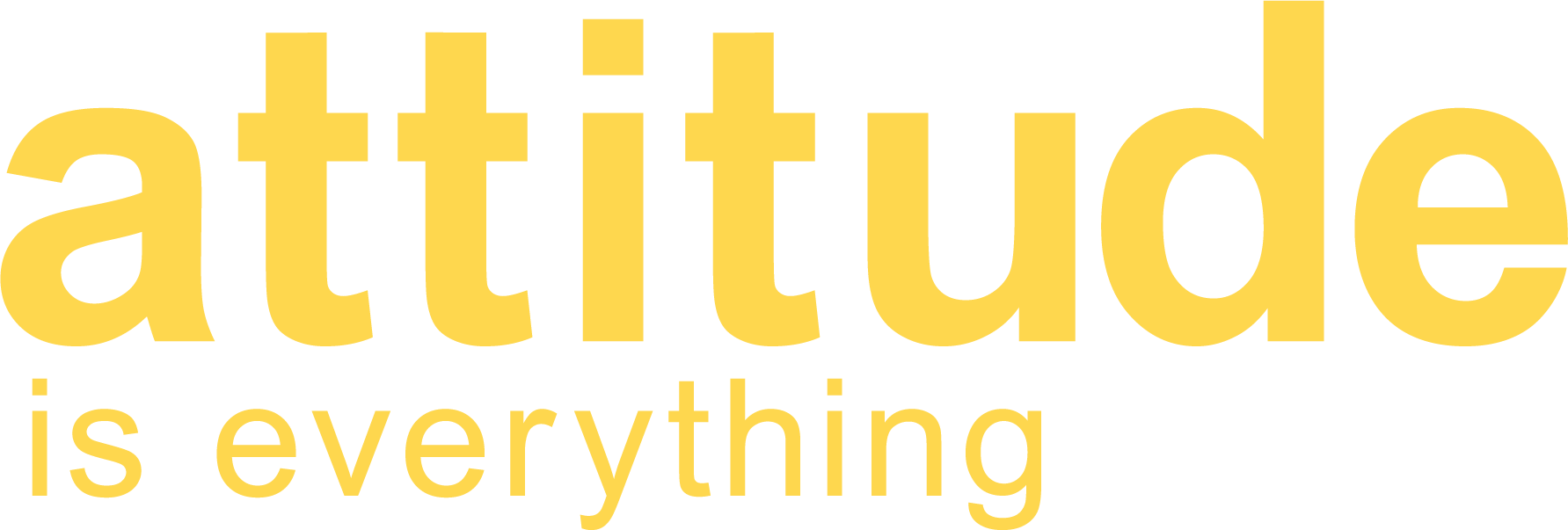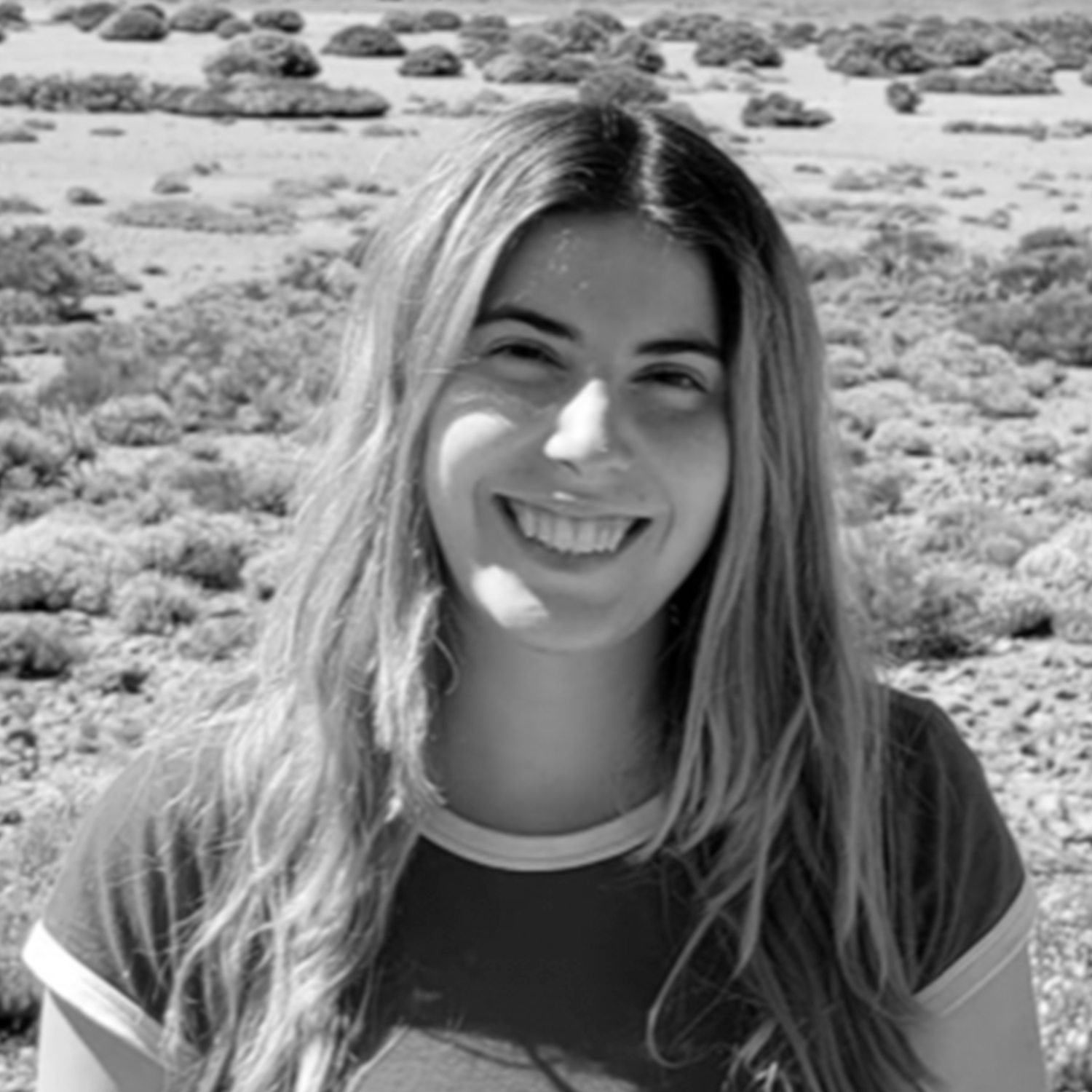Part of a series of interviews to highlight the impact of our Future Leaders programme, part of our Beyond The Music initiative.
We are currently recruiting new Future Leaders. Learn more and apply to be a Future Leader by Monday 12th June 2023 here.
1. What does it mean to you to be a Future Leader? And how has the Future Leaders initiative helped you so far in your career?
Being a Feature Leader is an honour. To be recognised as having the qualities needed to go far in the music industry from industry professionals within AiE is a confidence booster for sure. The initiative has created a network of likeminded, accomplished and creative people and provides a supportive net. I had the opportunity to develop my knowledge through courses, have provoking discussions in our meetings and be paired with a fantastic mentor. The programme has supported me to lead an initiative in making my divisions events more accessible at work.
2. What have you found are the biggest barriers to a career in your industry for those with access requirements? And how can we challenge existing barriers as employers, colleagues, and friends?
For me, having an ‘invisible’ disability means that a barrier I often experience is people assuming I can do certain things, forgetting about my access requirements and having to remind people.
We can challenge existing barriers by putting ourselves out there, becoming role models and having distinguished disabled people in the industry use their platform to raise awareness. Ensuring representation of disabled people in programmes like this is important to change perceptions and fuel confidence in future generations. Having mandatory trainings in accessible events should be necessary for event companies, agencies and event qualifications. The continued creation of resources to help companies become more accessible, as well as accessible events standards, should be regularly distributed to ensure barriers are broken and ’normal’ events are truly inclusive.
3. How represented are D/deaf, disabled and neurodivergent people in the music and live events industries?
As with gender equality, representation from D/deaf, disabled and neurodivergent people in the music and live events industries is still something that needs to be improved, however without transforming individuals into tokens. As a society, I hope that one day there is equal treatment where gender, disability and orientation are not factors of success.
4. How has the Future Leaders initiative brought value to your career and what are your next steps?
Partaking in the Future Leaders programme has opened up connections with very distinguished people in the industry which has been very useful in widening my network and gaining opportunities to enable me to explore the music events sector. It has also helped me see whether I am ready to take the leap from corporate events to music events and follow the passion that I have had since a very early age.
5. Can you share your favourite highlights so far on your journey as a Future Leader?
A favourite highlight will have to be being paired with my mentor, who has been extremely supportive and is very liked minded! I look forward to our mentorship over the following months and learning as much as I can about events and festivals. In addition, it was a fantastic opportunity to partake in the Accessible Events course with Falmouth University, which taught me some very important lessons in accessibility, inclusivity and events.
6. In three words, can you summarise the positive impacts being a Future Leaders has had on
you?
Opportunities, Confidence, Support, Network (4 words!)

